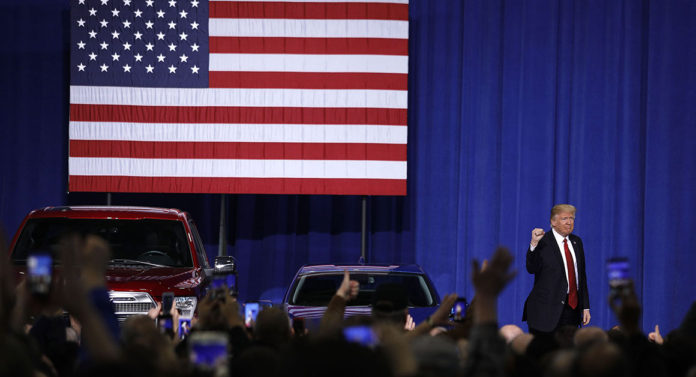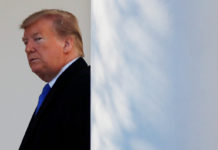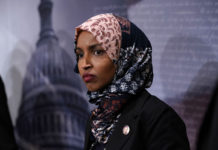President Donald Trump, expressing his ire over trade imbalances this weekend, made a peculiar choice: He focused his criticism on two European brands, BMW and Mercedes-Benz, that have significant investments in two of the nation’s most Trump-friendly states.
“Open up the barriers and get rid of your tariffs,” Trump said of the European Union’s trade policies in a wide-ranging and rollicking address in Pennsylvania Saturday. “And if you don’t do that, we’re going to tax Mercedes-Benz, we’re going to tax BMW.”
Trump made no mention of the German brands’ significance to two states that formed part of the bedrock of his support in 2016. BMW has an assembly plant employing more than 9,000 people in Spartanburg, South Carolina; about a third of the BMWs sold in the U.S. in 2017 were produced in the country, the company said. A Mercedes-Benz factory employs 3,500 people near Tuscaloosa, Alabama, according to data from the Alliance of Automobile Manufacturers.
The president’s plan to impose tariffs of 25 percent on steel imports and 10 percent on aluminum imports prompted consternation from lawmakers and business leaders concerned that major employers in those states might cut back in the face of higher costs. Trump’s latest attacks, meant to stir up populist enthusiasm, could backfire politically if they instead spur fears that jobs in Trump country might be in jeopardy.
Dan Ikenson, director of the trade policy center at the libertarian Cato Institute in Washington, said Trump likely hopes tariffs on European car imports would spur the German companies to make more vehicles in the U.S. But he said the unpredictability of Trump’s trade policies would more likely have the opposite effect.
“A countervailing factor would be a reluctance of the Germans to ‘reward’ this behavior, especially if it’s unclear where trade policy is going,” Ikenson told POLITICO. “His unorthodox and sometimes erratic behavior ultimately…










